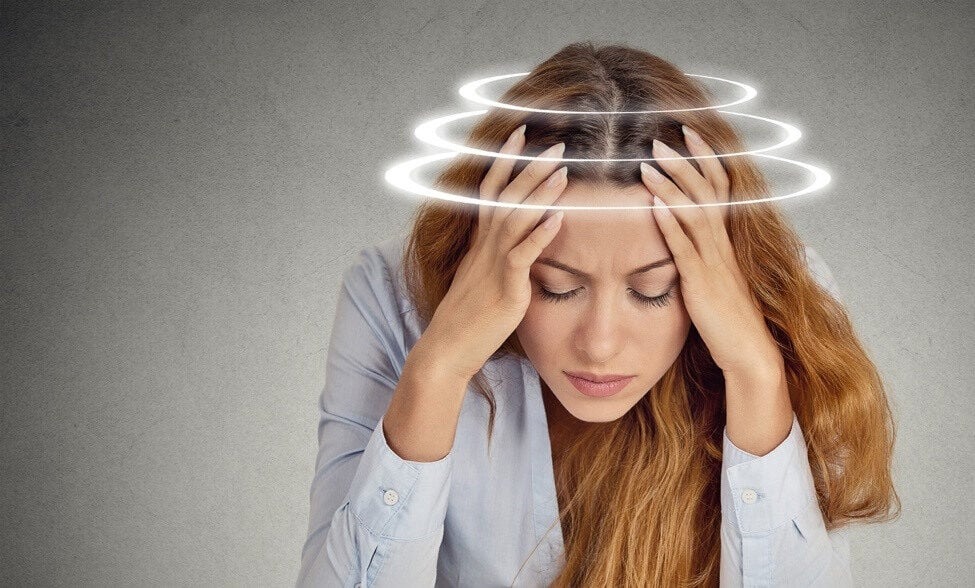Can Anxiety Cause Dizziness? Understanding the Psychological Connection
Have you ever felt dizzy and wondered if anxiety might be the cause? Understanding the link between anxiety and dizziness can help you identify underlying psychological factors and find ways to manage them effectively.
The Psychological Impact of Anxiety
Anxiety is often associated with emotional symptoms such as:
- Nervousness
- Worry
- Difficulty concentrating
- Avoidance behavior
However, anxiety doesn’t just affect the mind—it also has physical symptoms.

Can Anxiety Cause Nausea?
Yes, anxiety can lead to nausea and other digestive issues.
Your digestive system contains the second-largest concentration of nerves in your body after the brain, which is why it’s sometimes referred to as the “second brain.” When anxiety triggers the release of stress-related hormones and chemicals, it can cause a range of gut-related symptoms, including:
- Nausea
- Stomach cramps
- Loss of appetite
- Diarrhea or constipation
- Indigestion
Can Anxiety Lead to Dizziness?
Many individuals with anxiety disorders, particularly panic disorder, frequently report feeling dizzy. Although the exact connection between anxiety and dizziness is not entirely understood, one theory suggests that stress hormones released during the body’s fight-or-flight response may impact the vestibular system in the inner ear.
This system is responsible for maintaining balance and spatial orientation, and any disruption can result in dizziness or vertigo.

How to Reduce Anxiety Attacks
If you experience dizziness or other anxiety symptoms, try these calming techniques:
Take deep breaths to regulate your nervous system
Close your eyes and clear your mind to regain focus
Relax your muscles to release built-up tension
Shift your attention to something calming to break the anxiety cycle
By understanding the connection between anxiety and dizziness, you can take steps to manage stress and improve both your mental and physical well-being.
